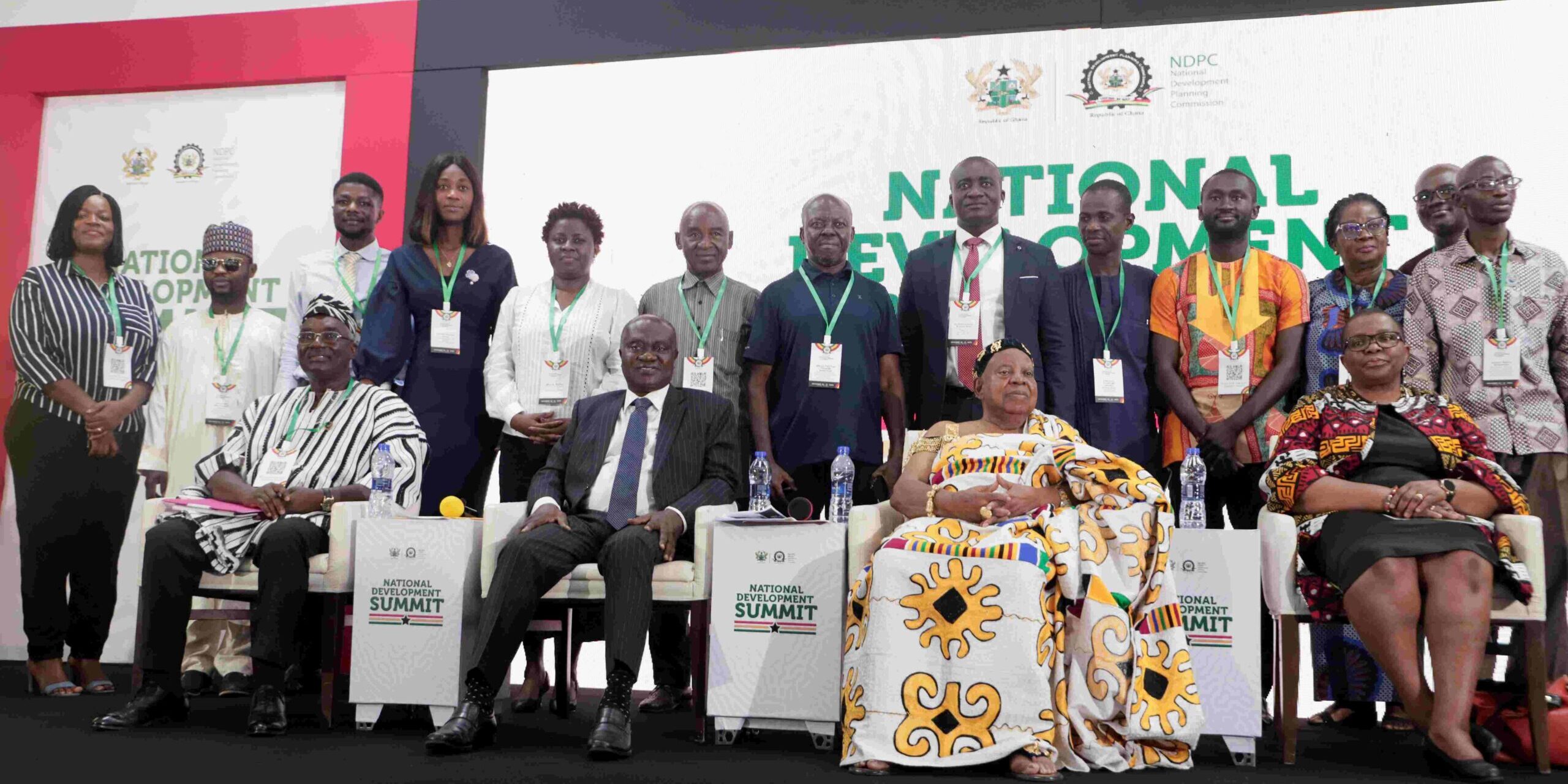The medium-term national development policy framework for 2018-2021, Agenda for Jobs:
The Medium-Term National Development Policy Framework (MTNDPF) serves as a multi-sectoral document aimed at implementing the vision, policies, and programs for Ghana’s economic and social development. Following the Ghana Shared Growth and Development Agenda (GSGDA II) from 2014-2017, this framework envisions a prosperous nation that effectively utilizes its human and natural resources within a democratic society.
Creating Prosperity and Equal Opportunity for All is the sixth in the series of development policy frameworks prepared over the past two decades. The framework builds on the successes and addresses the challenges of its immediate predecessor, the Ghana Shared Growth and Development Agenda (GSGDA II), which was implemented over the period 2014-2017.
The purpose of the policy framework is to operationalise the vision, policies and programmes outlined in the President’s Coordinated Programme of Economic and Social Development Policies (CPESDP) presented to Parliament in fulfillment of Article 36, Clause 5 of the Constitution. It becomes the implementation framework to guide the overall economic and social development of the country.
The entire process of preparing the policy framework was coordinated by the National Development Planning Commission (NDPC), in accordance with Section 1 of the National Development Planning (System) Act, 1994 (Act 480). The policy framework was prepared through a participatory process, using Cross-Sectoral Planning Groups (CSPGs) drawn from the public sector, private sector, civil society, academia, the media, identifiable groups, and individual experts. The CSPGs provided information on the state of implementation of GSGDA II; made proposals on policy options based on their knowledge and expertise; and validated and prioritized the policies in the framework. The draft policy framework was reviewed in national and regional consultations in accordance with the National Development Planning Commission Act, 1994 (Act 479), and subsequently approved by NDPC, after which it was submitted to the Office of the President for consideration.
SUMMARY
Goals and Strategic Objectives
The MTNDPF outlines four broad goals:
- Create Opportunities for All Ghanaians
- Safeguard the Natural Environment
- Maintain a Stable and Safe Society
- Build a Prosperous Society
Strategic objectives include:
- Economic development to foster prosperity
- Social development for equal opportunities
- Environmental sustainability and infrastructure development
- Governance and accountability
- Strengthening Ghana’s role in international affairs
Key Interventions
To combat hunger and food insecurity, the policy proposes several initiatives:
- Development of livestock and poultry sectors
- Aquaculture initiatives for job creation
- Measures to reduce food loss and promote nutrient-rich foods
To enhance productivity in agriculture, forestry, and fisheries, the policy emphasizes:
- Investment in climate-resilient crop varieties
- Mechanization along the agricultural value chain
- Adoption of sustainable practices and efficient water use
Rural Poverty Reduction Strategies
The framework aims to reduce rural poverty through:
- Support for small-scale agro-processing
- Expansion of social infrastructure in rural areas
- Promotion of local enterprise development
Inclusive Agricultural Systems
Interventions for inclusive agricultural systems include:
- Linking smallholder farmers with commercial producers
- Developing market support services
- Supporting youth engagement in agriculture
Resilience to Disasters
To increase resilience against disasters, actions focus on:
- Reducing greenhouse gas emissions
- Developing climate-resilient crops and livestock
- Implementing community-based disaster preparedness measures




